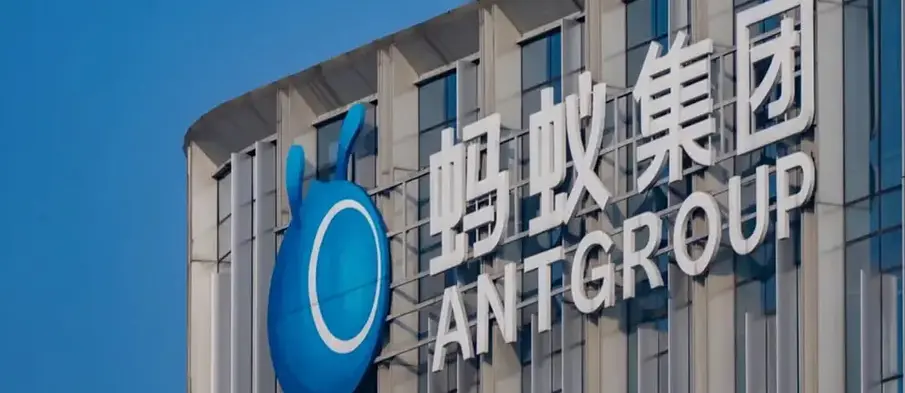
Chinese fintech leader Ant Group, backed by Alibaba founder Jack Ma, has significantly lowered AI model training costs by utilizing domestically produced chips from Alibaba and Huawei. According to reports from Bloomberg and CNBC, the company has implemented strategies that have reduced AI training expenses by 20%.
This development is seen as a major breakthrough, as it not only improves efficiency in AI training but also reduces Chinese tech firms’ reliance on American chipmakers like Nvidia. While Ant Group continues to use Nvidia chips for some AI-related tasks, it is increasingly turning to alternatives, including hardware from AMD and domestic manufacturers, for its latest models.
Notably, Chinese-made chips have demonstrated performance comparable to Nvidia’s H800 processors, Bloomberg sources claim. This shift aligns with China’s broader effort to advance AI capabilities despite U.S. restrictions on access to high-end semiconductors. While the U.S. has imposed limits on the sale of advanced AI chips to China, Nvidia still provides lower-end versions to the market.
Earlier this year, Chinese AI startup DeepSeek made headlines by developing a competitive large language model without the multi-billion-dollar investment typically required for such advancements. This milestone underscored China’s ability to challenge Western tech giants like OpenAI and Google, further fueling domestic innovation in artificial intelligence.
Ant Group has also made significant strides in AI applications for healthcare, unveiling a specialized AI model designed for medical use. Integrated into its “All-in-One Large Model Machines for Healthcare,” this technology has already been adopted by hospitals in cities such as Beijing, Shanghai, Hangzhou, and Ningbo. The model is built on DeepSeek’s R1 and V3 models, Alibaba’s Qwen, and Ant’s proprietary BaiLing model. It is capable of answering medical queries and enhancing healthcare services.
China’s push for self-sufficiency in AI and semiconductors continues to accelerate, with companies leveraging innovative strategies to compete with global leaders despite geopolitical and economic challenges.




